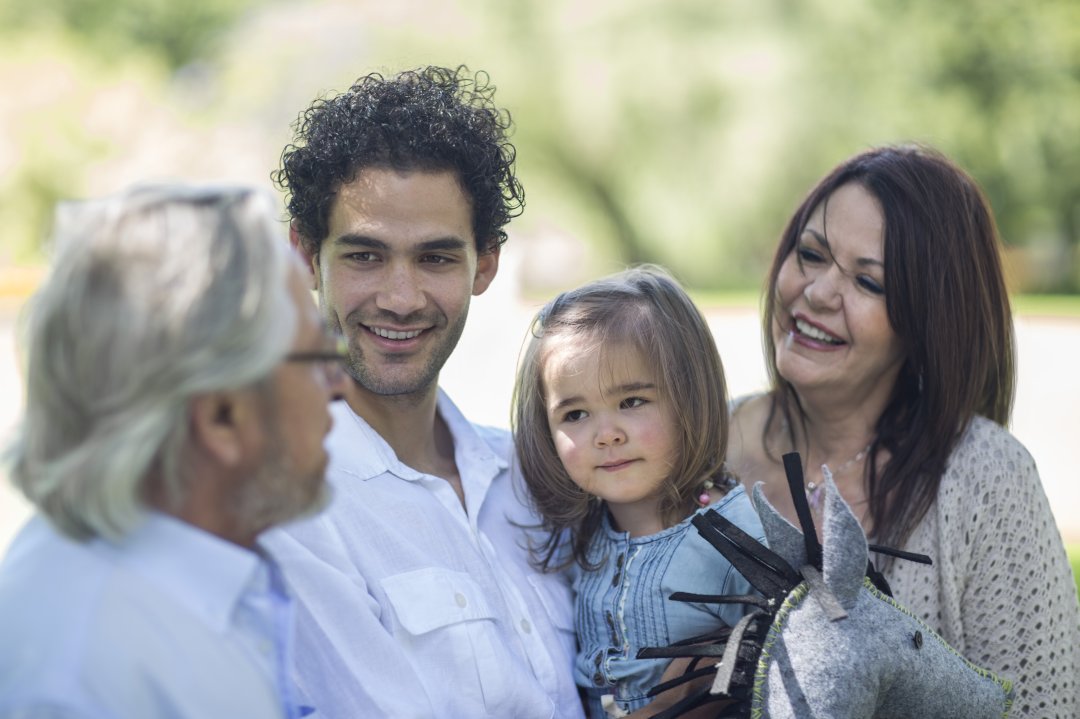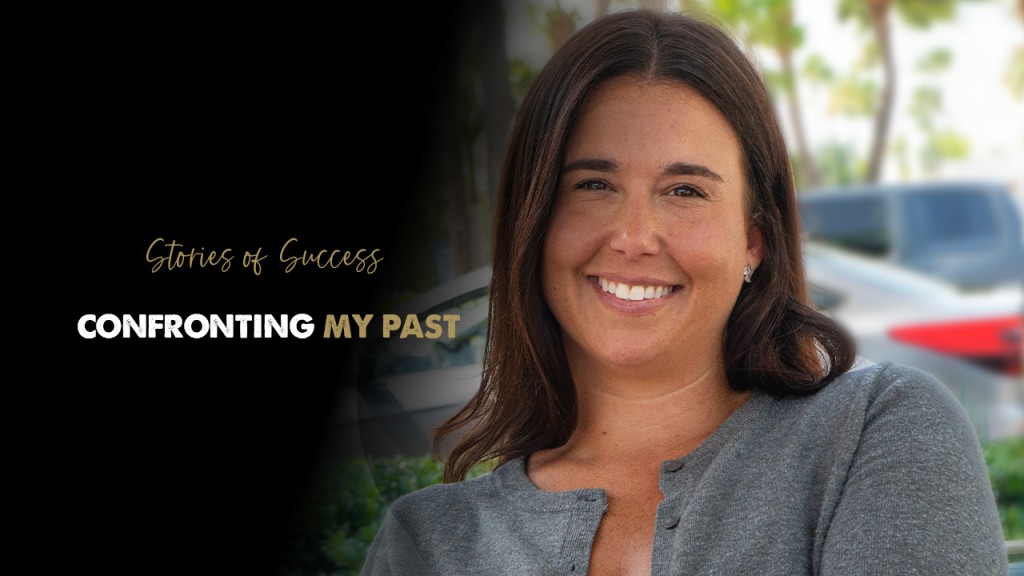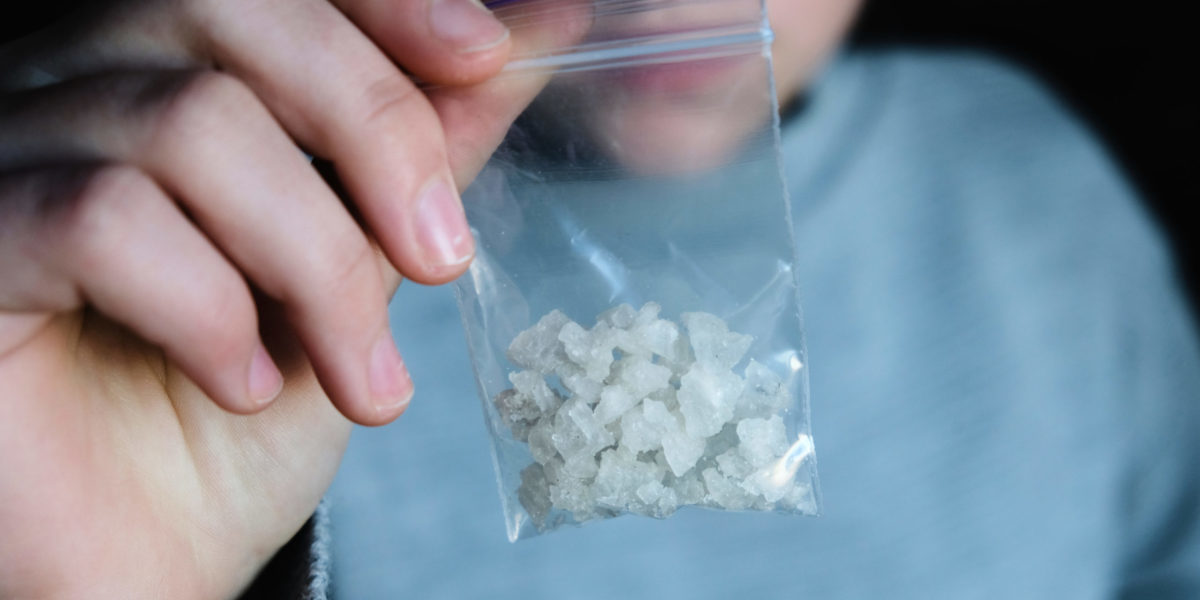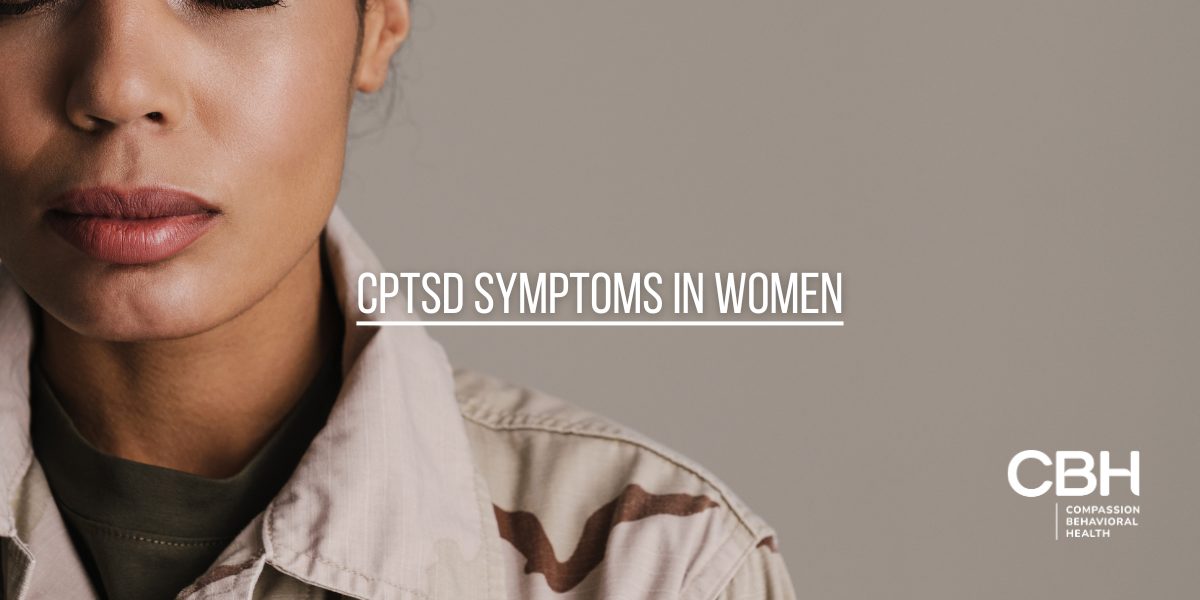Post-traumatic stress disorder (PTSD) is a mental health condition that affects millions of people worldwide. It occurs after experiencing or witnessing a traumatic event, and can lead to debilitating symptoms such as flashbacks, nightmares, anxiety, and depression. While traditional treatments for PTSD often focus solely on medication and therapy, many individuals are turning to holistic healing approaches to complement their recovery journey.
Understanding PTSD: Causes and Symptoms
Before delving into holistic healing strategies, it is essential to understand the causes and symptoms of PTSD. Trauma is the primary trigger for PTSD, with common sources including military combat, accidents, natural disasters, or incidents of violence. Symptoms can vary from person to person but often include intrusive memories, heightened arousal, and avoidance behaviors.
It is important to note that PTSD can affect individuals of all ages and backgrounds, and the impact of trauma can be long-lasting if left untreated. Seeking professional help and support is crucial in managing PTSD symptoms and improving overall well-being.

The Science Behind PTSD
PTSD involves an intricate interplay between the brain, body, and stress response system. When someone experiences trauma, the body’s fight-or-flight response is activated, releasing stress hormones such as adrenaline and cortisol. In individuals with PTSD, this stress response remains heightened, leading to ongoing symptoms and difficulties in regulating emotions.
Furthermore, studies have shown that PTSD can alter brain structure and function, particularly in areas related to memory, emotion regulation, and fear processing. These changes contribute to the persistent symptoms experienced by individuals with PTSD and highlight the importance of comprehensive treatment approaches.
Recognizing PTSD Symptoms
Recognizing the symptoms of PTSD is crucial for understanding one’s own experiences or supporting loved ones. Common symptoms include
- nightmares
- sleep disturbances
- irritability
- hypervigilance
- avoiding triggers associated with the traumatic event
If you or someone you know is experiencing these symptoms, it may be time to explore holistic healing options.
It is essential to approach PTSD treatment holistically, addressing not only the symptoms but also the underlying causes and individual needs of the person. By incorporating various therapeutic modalities such as cognitive-behavioral therapy, mindfulness practices, and social support, individuals can work towards healing and recovery from PTSD.
The Concept of Holistic Healing
Holistic healing is an approach that considers the whole person—mind, body, and spirit—in the journey towards wellness. It recognizes that the mind and body are interconnected and seeks to address the underlying imbalances and traumas that contribute to emotional distress.
When delving into the realm of holistic healing, one must understand that it is not just a treatment method but a way of life. It encourages individuals to explore various aspects of their being, including their thoughts, emotions, and energy levels, to achieve a state of balance and harmony.
Defining Holistic Healing
Holistic healing is an umbrella term encompassing various complementary and alternative therapies. These approaches focus on empowering individuals to take an active role in their healing journey, promoting self-awareness, self-care, and self-compassion.
Furthermore, holistic healing recognizes the uniqueness of each individual and tailors treatment plans to suit their specific needs. It embraces a personalized approach that considers not only physical symptoms but also the individual’s lifestyle, beliefs, and environment.

The Principles of Holistic Healing
At its core, holistic healing emphasizes the following principles:
- Treating the root cause of symptoms, rather than just managing them
- Engaging in self-care practices to nourish the body and mind
- Recognizing the interconnection between physical, emotional, and spiritual well-being
- Fostering a therapeutic partnership between the individual and practitioner
Moreover, holistic healing encourages individuals to explore mindfulness practices, such as meditation and yoga, to cultivate a deeper connection with themselves and the world around them. By integrating these practices into their daily routine, individuals can enhance their overall well-being and lead a more fulfilling life.
Holistic Approaches to PTSD Treatment
When it comes to treating PTSD holistically, there are various approaches that individuals can explore alongside traditional therapies. These approaches aim to address the mind-body connection and promote overall well-being.
One important aspect of holistic PTSD treatment is the incorporation of alternative therapies that focus on healing the whole person, not just the symptoms. By considering the interconnectedness of the mind, body, and spirit, individuals can experience a more comprehensive approach to healing.
Mind-Body Therapies
Mind-body therapies such as yoga, tai chi, and qigong have been shown to be beneficial for individuals with PTSD. These practices combine gentle movements, breathwork, and mindfulness to promote relaxation, reduce anxiety, and release tension stored in the body.

Yoga, in particular, has gained popularity in PTSD treatment due to its ability to help individuals reconnect with their bodies and cultivate a sense of inner peace. The combination of physical postures, breathing techniques, and meditation in yoga can help individuals regulate their emotions and improve their overall sense of well-being.
Nutritional Strategies
The foods we consume can impact our mental health. Incorporating a nutrient-rich diet that includes foods high in omega-3 fatty acids, antioxidants, and fiber can support brain health and reduce inflammation. Additionally, avoiding stimulants such as caffeine and alcohol can help regulate mood and sleep patterns.
It is important to note that nutritional strategies for PTSD treatment go beyond just what we eat; they also encompass how we eat. Mindful eating practices, such as paying attention to hunger and fullness cues, can help individuals develop a healthier relationship with food and improve their overall well-being.
Physical Activity and PTSD
Engaging in regular physical activity has been shown to have numerous mental health benefits, including reducing symptoms of PTSD. Exercise releases endorphins, improves sleep quality, and provides a healthy outlet for stress and anxiety. Finding activities that you enjoy, whether it’s running, swimming, or dancing, can contribute to overall well-being.
In addition to the physiological benefits of exercise, physical activity can also serve as a form of self-expression and empowerment for individuals with PTSD. By engaging in activities that allow for creativity and self-discovery, individuals can reclaim a sense of agency and control over their bodies and minds.

The Role of Meditation and Mindfulness in PTSD Recovery
Meditation and mindfulness practices offer powerful tools for individuals on their healing journey. By cultivating present moment awareness and nonjudgmental acceptance, these practices enable individuals to observe their thoughts and emotions without becoming overwhelmed by them.
Furthermore, meditation and mindfulness have been found to have a profound impact on the brain, with studies showing that regular practice can lead to structural changes in areas associated with memory, self-awareness, and emotion regulation. These changes can help individuals rewire their brains to respond more effectively to stress and trauma.
Understanding Meditation and Mindfulness
Meditation involves focusing the mind on a specific object, word, or breath, allowing thoughts to come and go without attachment. Mindfulness, on the other hand, is a state of awareness that can be practiced in any moment, bringing attention to the present moment experience.
Both meditation and mindfulness have roots in ancient contemplative practices, with mindfulness originating from Buddhist traditions and meditation being a central practice in various spiritual and religious traditions around the world. These practices have stood the test of time, demonstrating their enduring relevance in promoting mental health and well-being.

Benefits of Mindfulness for PTSD
Research has shown that mindfulness can be effective in reducing symptoms of PTSD, improving emotional regulation, and enhancing overall well-being. By developing mindfulness skills, individuals gain a greater sense of control over their thoughts and emotions, allowing for a more balanced response to triggers and stressful situations.
In addition to its psychological benefits, mindfulness has also been linked to physical health improvements, such as reduced inflammation, improved immune function, and better sleep quality. These holistic benefits make mindfulness a valuable tool in the comprehensive treatment of PTSD and other mental health conditions.
The Importance of a Support System in Healing PTSD
While holistic approaches can be powerful tools in healing from PTSD, it is important to acknowledge the role of a supportive network in the recovery process. Building a support system can provide a sense of belonging, understanding, and encouragement.
Building a Support Network
Building a support network can involve reaching out to friends, family, or joining support groups. These connections offer the opportunity to share experiences, exchange coping strategies, and receive emotional support. Additionally, seeking professional therapy or counseling can provide guidance and further support.

The Role of Therapy and Counseling
Therapy and counseling can be valuable components of a holistic healing journey. Cognitive-behavioral therapy (CBT), eye movement desensitization and reprocessing (EMDR), and other evidence-based therapies can help individuals process traumatic experiences, develop coping skills, and reframe negative thought patterns.
However, it is important to note that therapy and counseling are not a one-size-fits-all solution. Each individual’s healing journey is unique, and what works for one person may not work for another. It is crucial to find a therapist or counselor who understands and respects your specific needs and preferences.
Moreover, therapy and counseling can be complemented by various other therapeutic modalities. For example, art therapy, music therapy, and animal-assisted therapy have shown promising results in helping individuals with PTSD. These alternative approaches provide creative outlets for expression, promote relaxation, and facilitate emotional healing.
Furthermore, the role of a support system extends beyond therapy sessions. It is important to have a network of people who can offer support in various aspects of life. This can include practical assistance, such as helping with daily tasks or providing transportation to appointments, as well as emotional support, such as being a compassionate listener or offering words of encouragement.
In conclusion, holistic healing approaches offer a comprehensive and integrative way to address PTSD. By recognizing the interconnectedness of the mind, body, and spirit, individuals can embark on a healing journey that encompasses various mind-body practices, nutritional strategies, and the development of a supportive network. Remember, healing is a unique and personal process, and it is important to find what resonates with you and supports your well-being as you navigate your path to recovery from PTSD.
PTSD Treatment at Compassion Behavioral Health

If you’re ready to take the next step on your journey to recovery from PTSD, Compassion Behavioral Health is here to guide you. Our specialized team is committed to providing personalized mental health and substance use treatment that paves the way for sustainable healing. Embrace a new beginning at our Hollywood rehab center, where you’ll find the support and expertise necessary to reclaim your highest physical and mental health. Call Us Today and let us be the ray of hope you’ve been searching for, right in the serene surroundings of South Florida.



